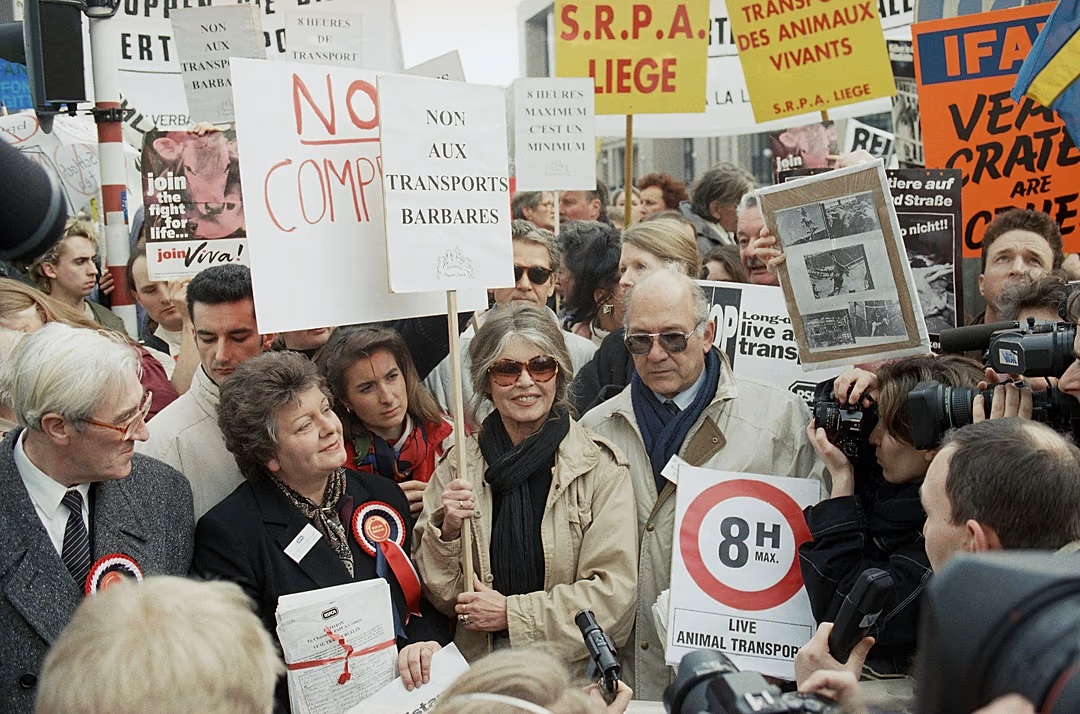
by Meekaeel Siphambili
Gaborone, Botswana: Consortium of Africa Funds for the Environment (CAFÉ) bemoans lack of access to climate funds as a setback towards the looming disaster of environmental and climate change which has already left a path of destruction in some countries.
The Chief Executive Officer of Forest Conservation Botswana (FCB), Joshua Moloi says climate and environmental issues funding still has to be discussed and one of CAFÉ’s major objectives is to spearhead support for the Environmental Funds to access resources from financial partners which can be done also through collaborations by partner countries.
Joshua Moloi said this in Gaborone ahead of the oncoming CAFÉ five-day general assembly which was at the Mowana Lodge in the game rich Kasane (Okavango Delta). The assembly which goes under the theme; Fundraising and Climate Financing was held from 3 -7 September and attracted fifty delegates from over sixteen African countries and many other from abroad, especially from the Caribbean and Latin American Environmental Funds.
Botswana’s hosting of CAFÉ 2018 not only gave the country an opportunity to showcase its tourism products and conservation efforts to delegates from Africa and other parts of the world but will attracted partnerships and collaboration in the implementation of conservation projects which will lead to increased economies of scale and strengthened capacity.
“In preparation of the assembly, we have received support from other institutions like RedLAC which is not only sending some delegates but has also given US$26,000 for the capacity building workshop. Another France based organization, French Global Environmental Facility (FFEM) has given financial support of US$15,000 and it will also send delegates. Mowana Lodge has also given discounted accommodation and other services they provide”, says Joshua Moloi.
Presenting Forest Conservation Botswana’s 2016/17 financial report Joshua Moloi said the company saw a quantum leap in the number of funded projects from two (2) during 2015/16 to seven (7) in 2016/17. Forest Conservation Botswana has alleviate land degradation through construction of gabion structures in Mosu village and several parts of the country. The areas were degraded as a result of human and livestock movement and the situation was also accelerated by poor methods of farming (ploughing down the slope). This has resulted in the loss of distributed ‘Mophane’ tree species found in the area whose roots are exposed due to soil erosion caused by fast flowing water. The project goal is to implement land reclamation mitigation measures to reduce land degradation in the village with the technical assistance from Department of Forestry and Range Resources.
The project was completed in 2016 and some milestones were achieved, fencing of degraded areas, 2 sites that measure three (3) and four (4) hectares respectively making seven (7) hectares of degraded land has been fenced to prevent further degradation. Four hectare of the degraded area fenced to exclude movement of people and animals and construct gabion structures and 3 hectare area fenced to protect ‘Mophane’ trees from destruction and to exclude movement of people and animals. The ‘Mophane’ tree has the rain season healthy, protein rich and nutritious ‘Mophane worm’ and protecting the tree is of paramount importance.
Forest Conservation Botswana’s chief executive office says they are facing other challenges from traditional use of plants of medicinal qualities which is a common practice not only in Botswana but in Africa. Trees like Terminalia Sericea (Mogonono), Artemisia afra (Lengana), Myrothamnus flabelifolious (Gala la tshwene), Ziziphus mucronata ( Mokgalo) and Sida rhombifolia to name a few are of medicinal value to local Batswana and some are in the verge of being extinct and some are regional, not found in some parts of the country.
“We are working around the clock in protecting the flora and fauna of medicinal qualities from being extinct. We are educating people on how to protect the trees they use as medicine as some dig out the whole tree or plant forgetting that if they keep at it that way, the plant will be extinct”, says Joshua Moloi.
Another form of forestry destruction in Botswana is said to be the ever increasing number of elephants in the country. The elephants aided by humans are the greatest enemies of the environment, man need firewood, fencing poles or wood for traditional huts building and at times would clear all the trees in their homes or ploughing fields without much regard for climate change or environmental conservation.
End





